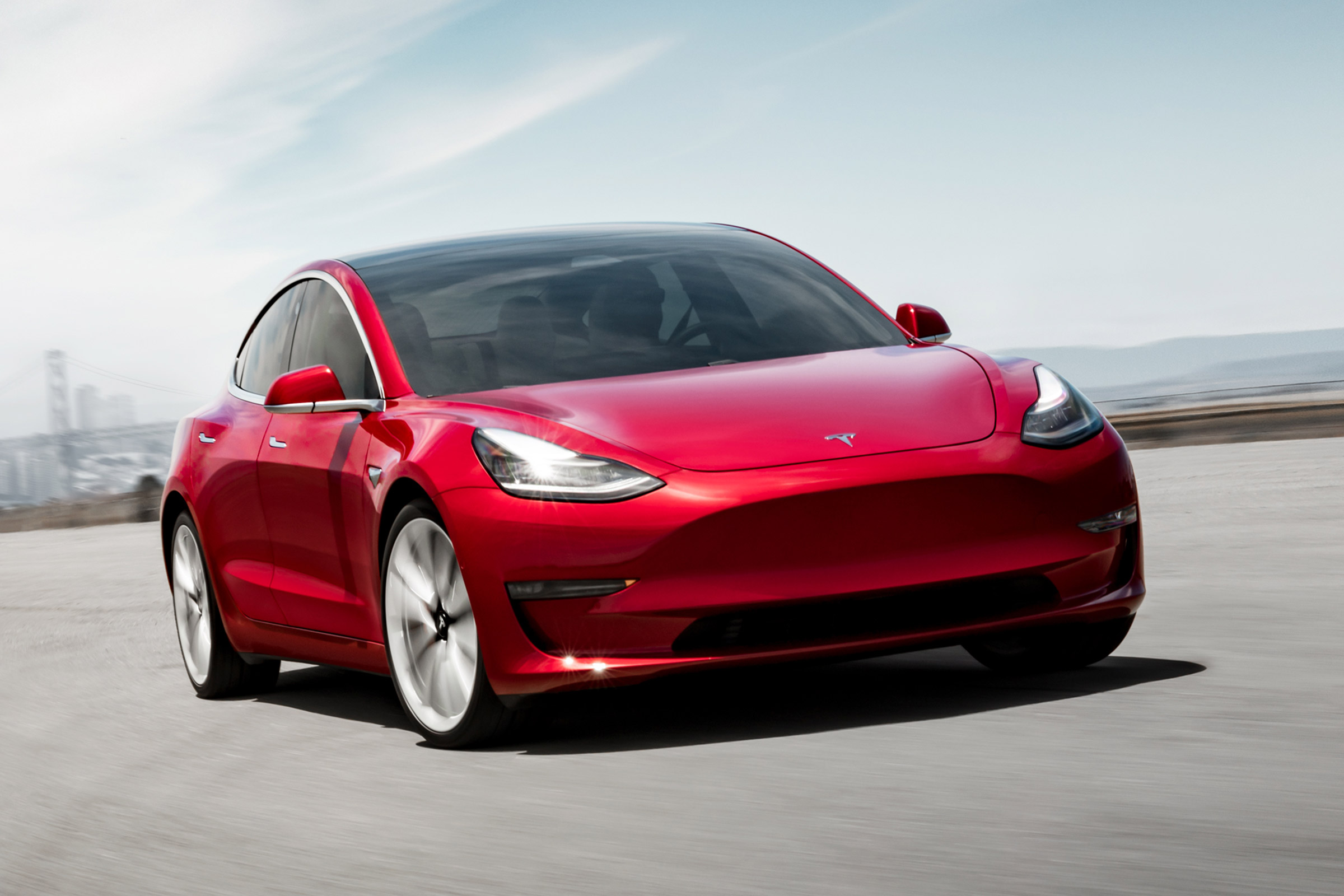The channel I linked to in the first post,
Fully Charged, I strongly advice many to subscribe. I have been subscribed for about eight years, the videos have been made for ten by Robert Llewellyn, actor. They come out at least one a week, sometimes more in a week. It was originally for EVs and hybrids, but now it is focused on non-burning of fossil fuel. He got into the sideline on non-EVs to explain the the reservations expressed here.
One older vid was clear that just
one refinery used the equivalent electricity as Leicester and Coventry
combined. Some refineries have direct supplies to the local power station they use so much. Llewellyn said he was shocked hearing about it, with the manger of the station being proud about it.
On another James Kelloway, Energy Intelligence Manager, from National Grid ESO says the grid can cope with increased levels of EVs. Go to 13 mins 58 sec. He clearly states that the grid can copes:
View: https://youtu.be/ONp8dismI-Q?t=837
On many other vids this has also been stated. Worth looking at all the vid, as Kelloway explains matters very simply. Kelloway does stress the importance of
balancing the grid using energy and electricity storage using water, large electric battery banks and hydrogen. This eliminates
peaker power stations.
Other ideas are around to balance. One is extracting electricity out of the EVs batteries connected to the grid, putting that back into the grid, with the billing both ways done automatically. All controlled via the grid's control rooms.
I know that some people plug in EVs, or hybrids, into remote homes, or homes prone to power outages, to power the essentials. For nearly 20 years people in the USA have done that with Prius hybrids. If the power lines are down the car takes over.
[automerge]1598782846[/automerge]
One last point would be your mention of EVs having only one level of pollution - electricity generation. Setting aside the vast consumption of resources required in the production of new vehicles, there is that huge issue of widescale pollution caused by the mining of materials required for the production of lithium technology cells. Granted there are constant developments in battery technology, but we're currently in the here and now.
Problems in mining the ores has been over exaggerated, by the oil lobby. One problem is political, like extraction in the likes of the Congo who use child labour. Lithium is one of the most common ores in the world with most being on the earth's surface. Australia will be a large source for the minerals and ores.
The point about new battery technologies is relevant. New materials are being used in R&D with some technologies producing exceptional results. Tesla are to announce an improvement in their technologies in the next week or so. Toyota have announced their solid state breakthrough, with market introduction in five years. By the time EVs are ubiquitous, which will be quick, batteries will have progressed substantially. That is not crystal ball gazing.
Also, batteries will have a very
long life. One a battery set is not suitable for EVs, they are suitable for other uses. Germany has grid battery banks using used Smart Car batteries. Many of the innards of a modern battery are recyclable.













